A rant today on author coaches and the predatory nature of scavengers who feed on creatives, prompted by a request I received to share my “query letter” for a “free database.” So much no to these people!

RITA ® Award-Winning Author of Fantasy Romance
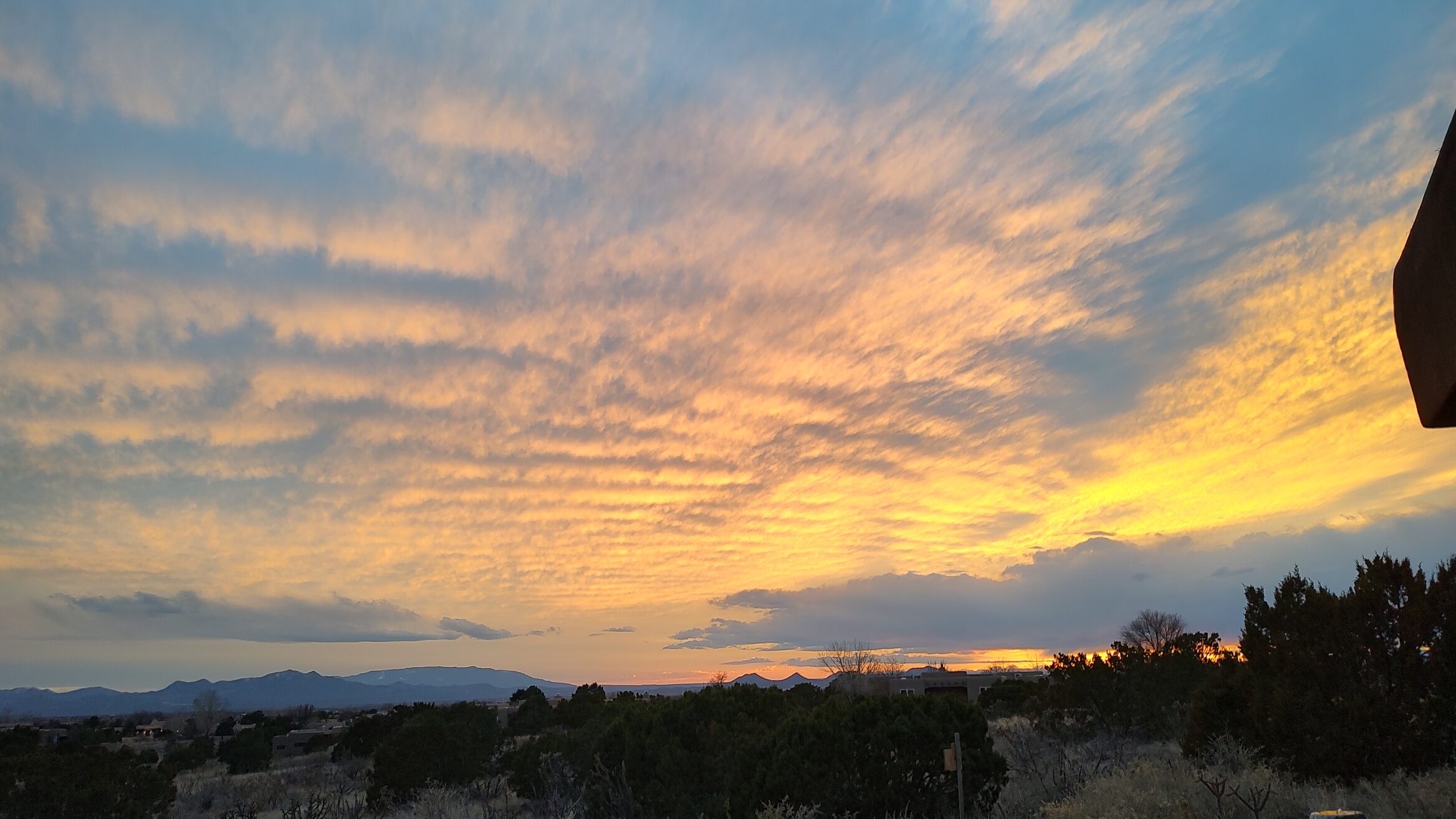
A rant today on author coaches and the predatory nature of scavengers who feed on creatives, prompted by a request I received to share my “query letter” for a “free database.” So much no to these people!

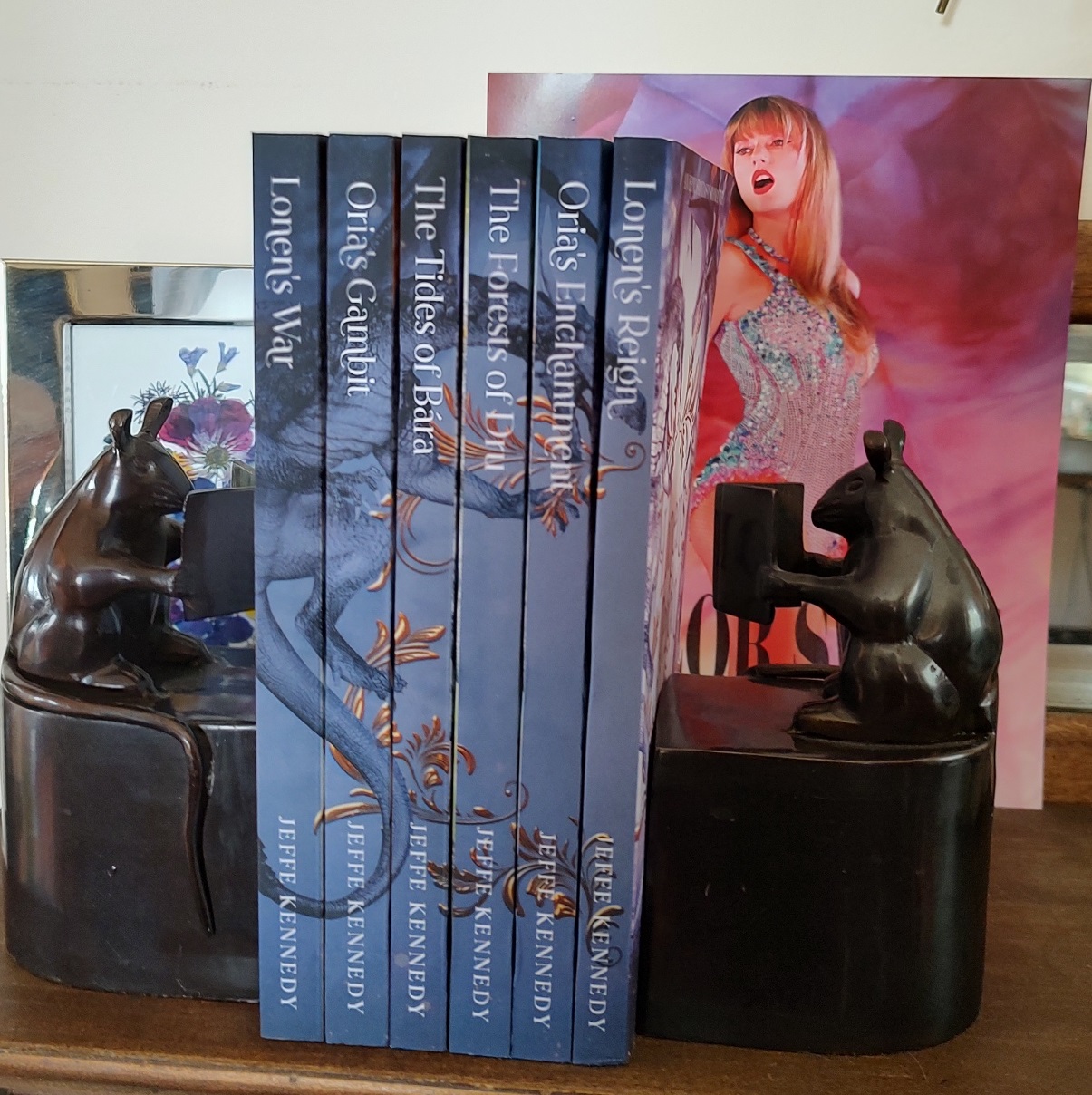
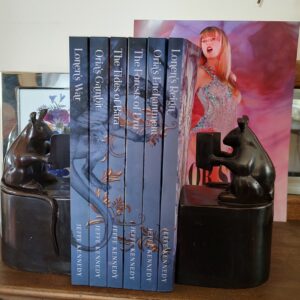
Our topic at the SFF Seven this week is “Tick-Tock trends—have you tried any reading or writing trends?”
I’m leaving in the misspelling, just so you get how clueless we are. ~ Shakes cane at kids on lawn ~
Regarding TikTok – lol! – a social media property that originated in China, no, I don’t follow or attempt the trends. I sometimes feel like I should. I do have a TikTok account – https://www.tiktok.com/@jeffe_kennedy – and I even have over a thousand followers there, even though I almost never post anything. The followers are due to very kind and generous fellow authors who do the Tiks and Toks better than I do. (Shout out to Vela Roth and Lisette Marshall!)
So, I know that I really should post to TikTok, and I sometimes think about it, and even occasionally do it. But I also remind myself of advice I’ve been giving since the beginning of social media, which is that you “should” do only the kind you enjoy doing. Social media is social and if you’re hating it and faking being social and happy and fun, it shows.
Therefore, instead of discussing reader trends or writing trends or TikTok dances, I’m going to share these beautiful new covers for my complete, six-book Sorcerous Moons series!!! The spine design with all six together is so gorgeous even Taylor is gasping in admiration! The print editions can be ordered via my website store or the usual retailers.
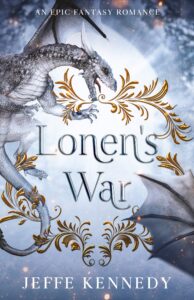
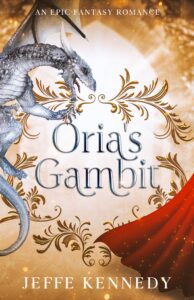
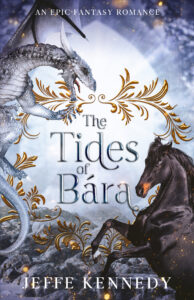
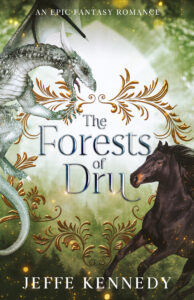
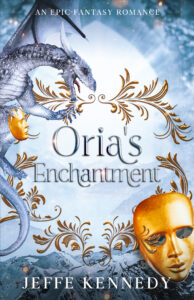
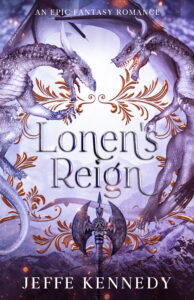

Some schooling today on business, things authors should really know, and arcania on how traditional publishing decides how to handle releases. Also, the “new” genre term Romantasy and why I think it came to be coined.
.

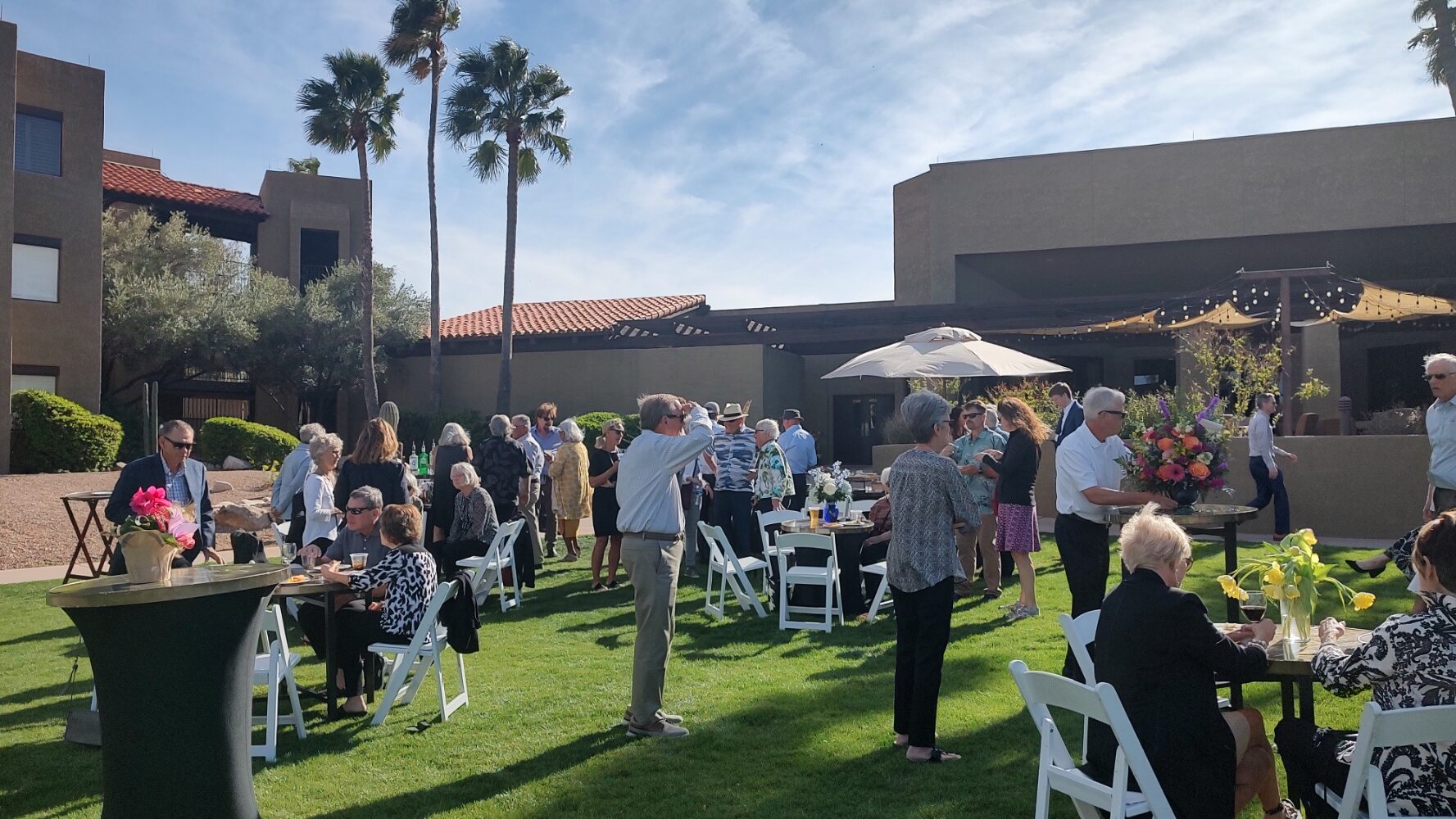
Saying goodbye to Stepdad Dave, my third father, and musings on life and death and choosing happiness. (An explanation of where I’ve been all this time.)

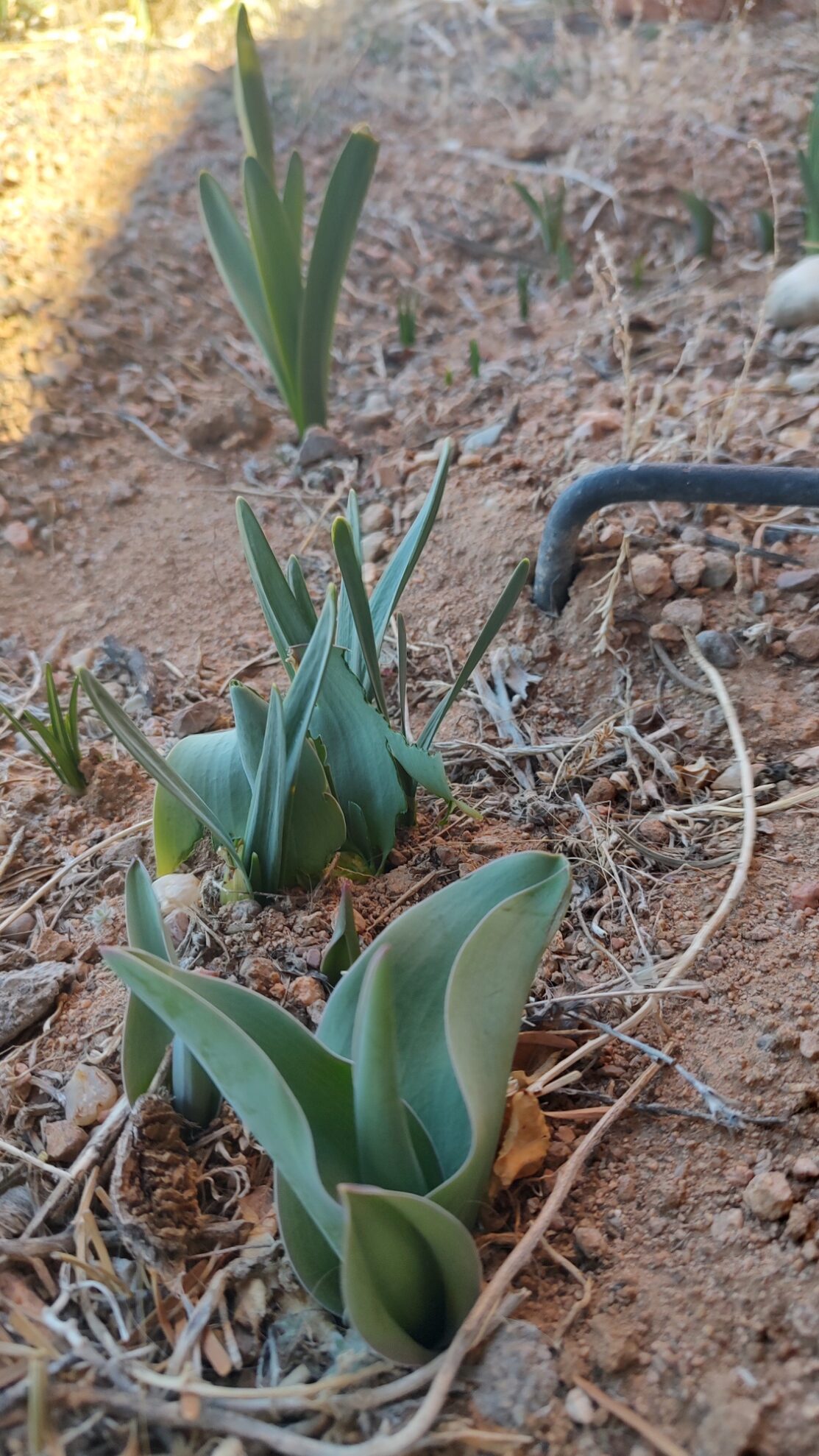
How writing a novel is like building a road brick by brick, and how some days you’re nose in the mortar and other days you lift your head to look. Also thoughts on revision, the 3-Act structure, story logic, and knowing whether you have brain juice or not.
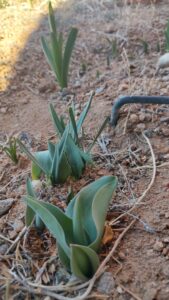
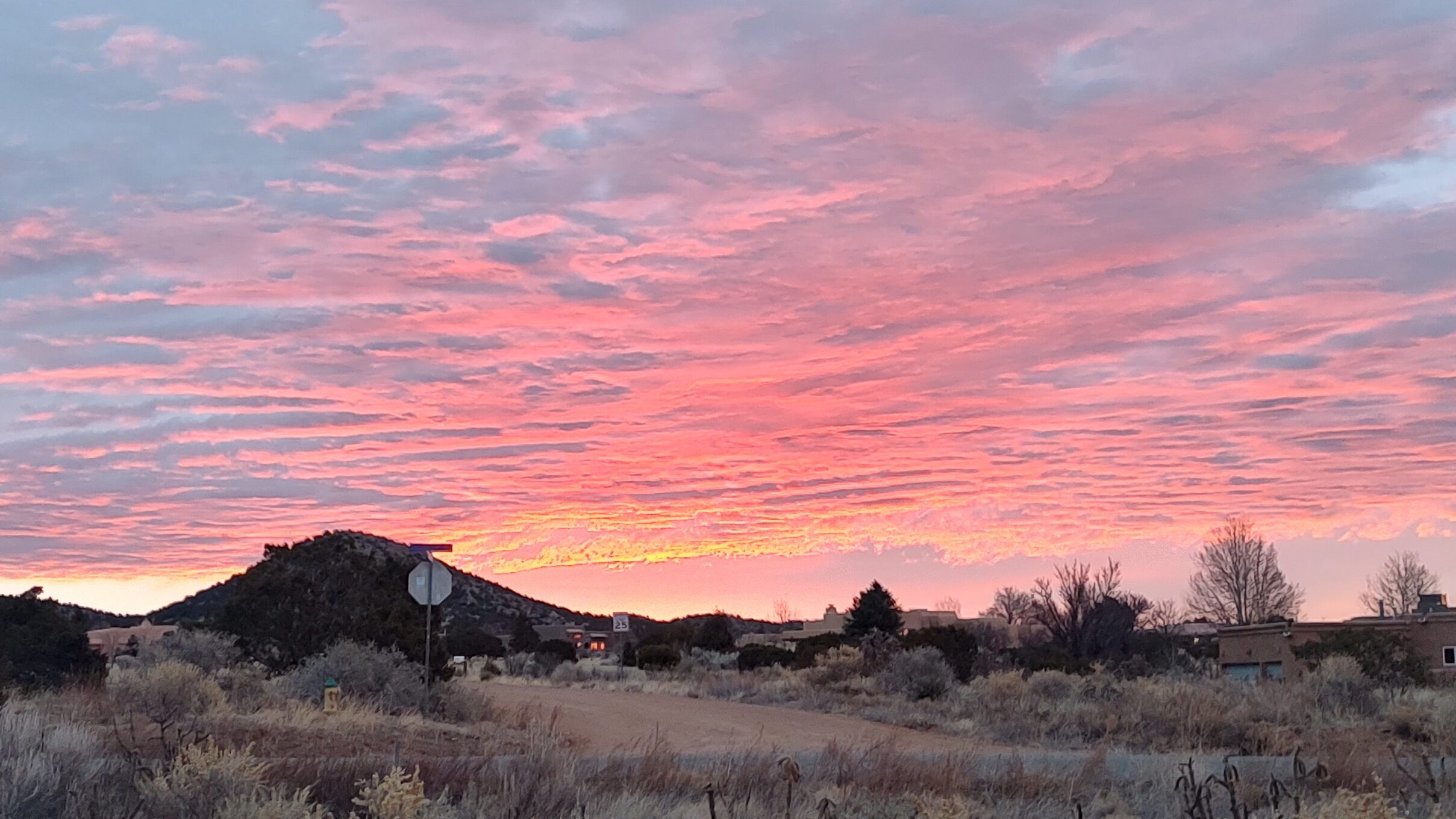

This week at the SFF Seven. we’re asking each other which tropes you love to write and which do you loathe?
The tropes I love are pretty easy to identify for anyone who’s read more than one of my books. My favorites are:
As for the tropes I loathe? Loathe is a strong word. I’m not sure I loathe any tropes. Ones I’m less fond of are:
The ones I truly dislike are the damaging ones, like:
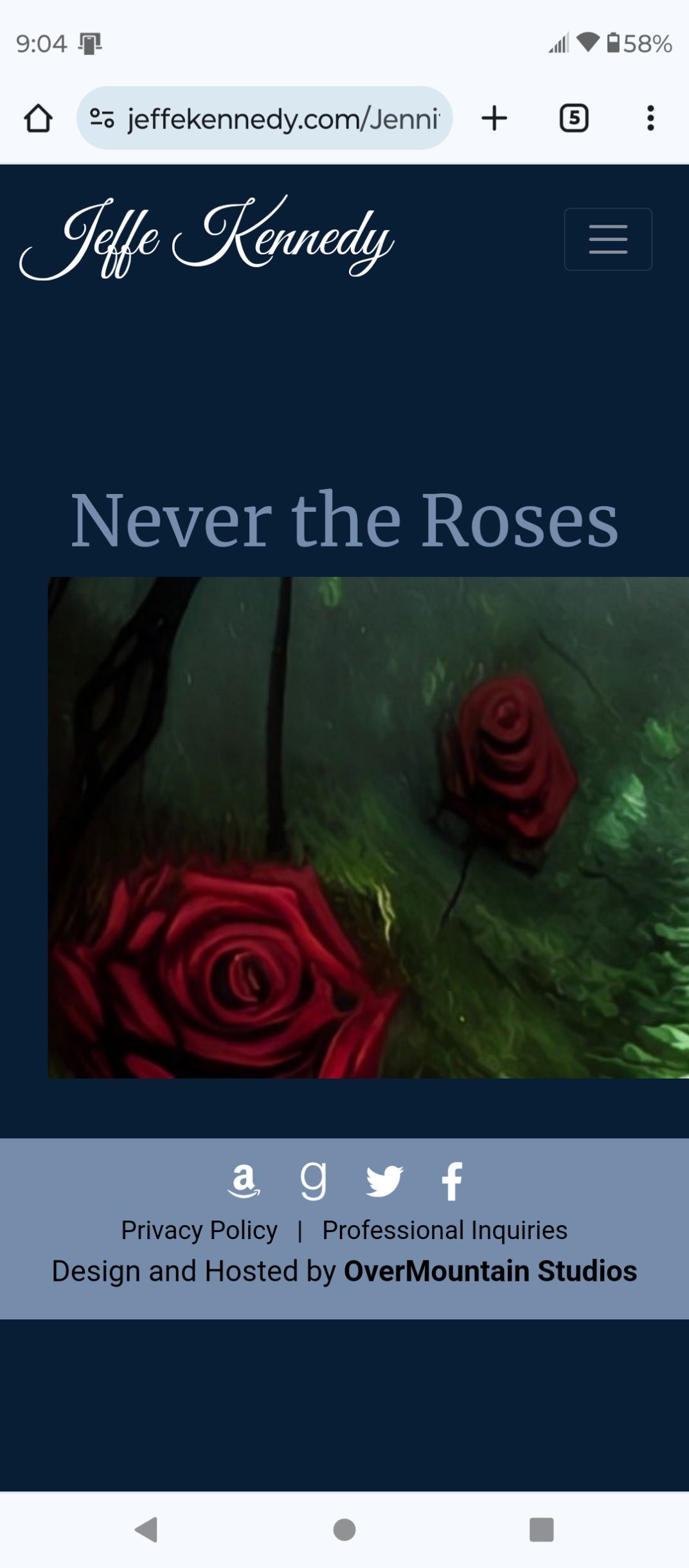
On busy brain work, how I’m not yet done with the book, nice words from my editor on gatekeeping and letting people in, even nicer words from Maria Vale on NEVER THE ROSES, and the loneliness of caregiving

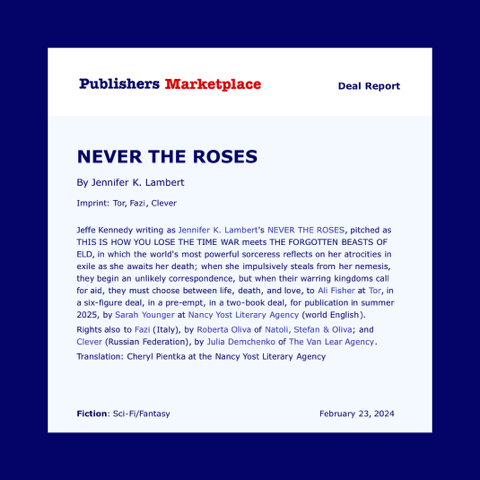
Sharing the OFFICIALLY OFFICIAL super exciting news today on NEVER THE ROSES, the book I sold to Tor. I’m explaining the Publisher’s Marketplace lingo, how foreign sales work, and why creatives can’t be thick-skinned.
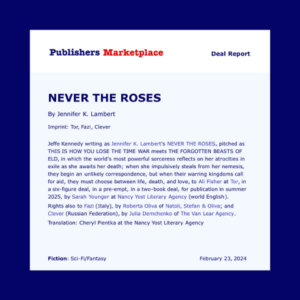
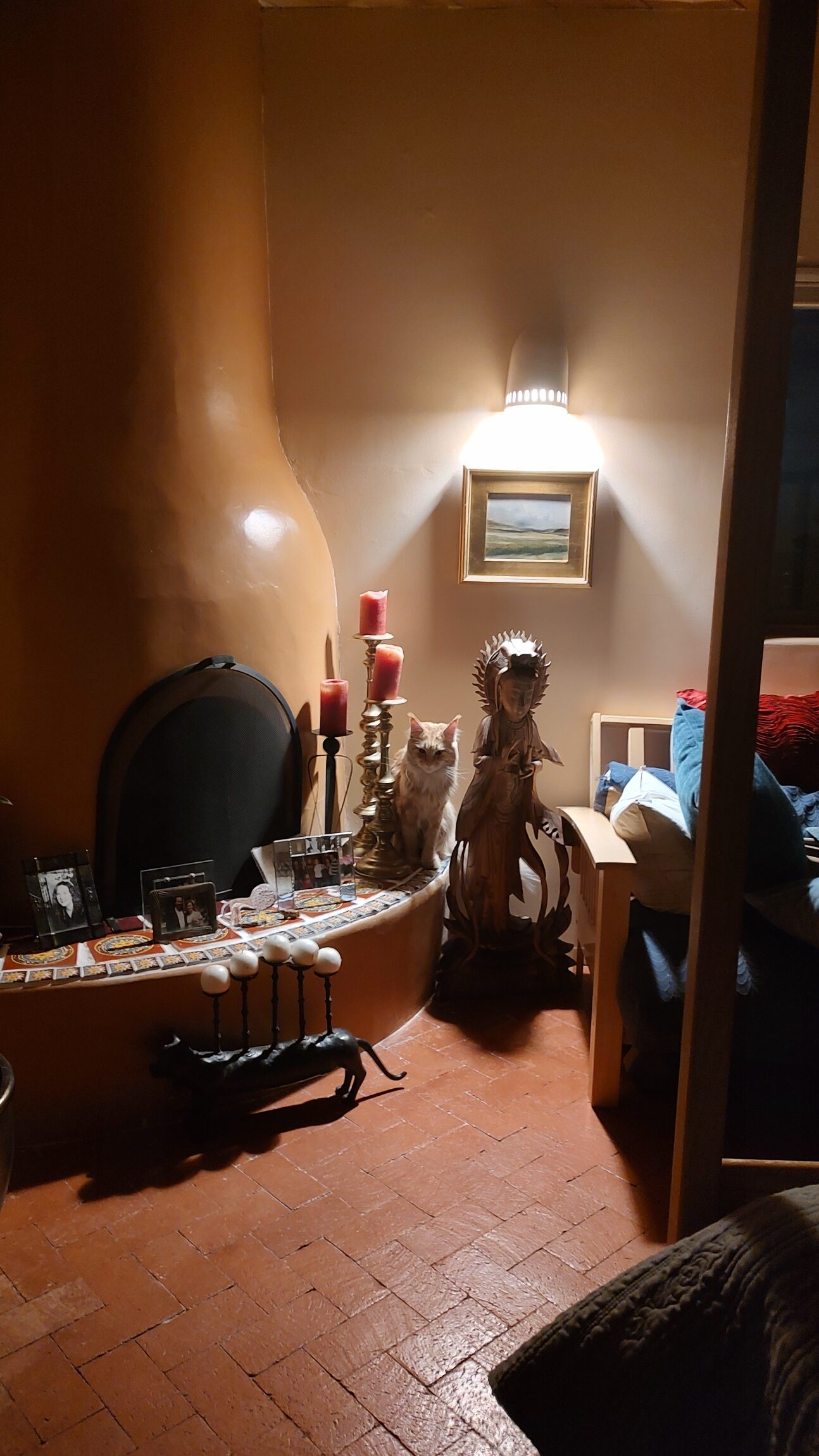
Some big news on the official title of the book that was Oneira and a release date! Also, a thing I bought because of Taylor Swift that has Changed My Life, and more on coping as a creative when people hate you/your work.

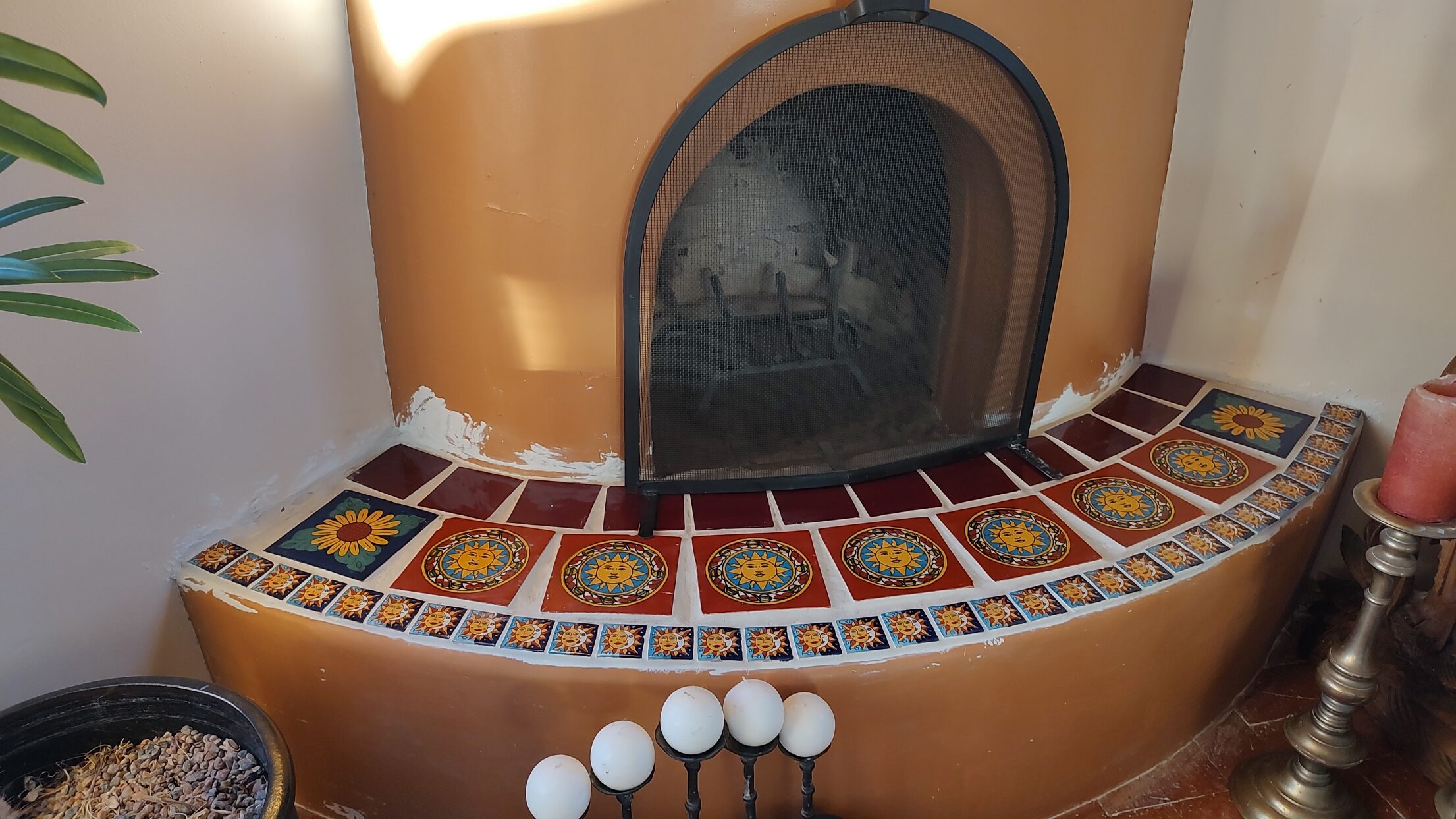
My Friday Freakout and how even experienced authors have emotional crises about their books, along with insight on shaken baby syndrome in books, how interruptions cause issues, and Longshot: an underrated movie.
